
By Rev’d Fiifi AFENYI-DONKOR
Long after political independence, Ghana still wrestles with a subtler inheritance: the dominance of foreign languages over native tongues.
On the dawn of 6th March 1957, as Kwame Nkrumah and his colleagues stood beneath the Independence Arch at Black Star Square and proclaimed, “Ghana, your beloved country, is free forever,” the world witnessed a people reclaiming their destiny. The British flag was lowered, and the Black Star ascended, a symbol of dignity and rebirth.
Yet, even as the chains of political colonialism were broken, another form of domination persisted: quieter, subtler, and more enduring. It crept not through decrees or guns but through words, tongues, and names. Even after the colonisers left, their language remained enthroned, shaping how Ghanaians prayed, learned, and even understood themselves. Political freedom may have set our bodies free, but linguistic dependency keeps our minds captive.
When Tongues Are Chained
During the tide of national consciousness that heralded independence, some leaders understood that liberation was not merely political but also cultural. Osagyefo Dr. Kwame Nkrumah, born Francis Nwia-Kofi Ngonloma, deliberately reclaimed his indigenous name, signalling that true freedom includes the restoration of African dignity.
Casely B. Essamuah, in Genuinely Ghanaian: A History of the Methodist Church Ghana, 1961–2000, documents how missionary Christianity and colonial education encouraged converts to adopt anglicised names, often through social pressure rather than coercion. Examples abound: Sekyi became Sackey, Obu (“rock”) turned into Rockson, and Dadzie (“steel”) evolved into Steele-Dadzie. These were not mere phonetic shifts but traces of a “civilising” narrative that subtly equated European forms with respectability.
To be clear, missionaries also made valuable contributions. They codified many Ghanaian languages and produced some of the earliest written texts in them. Illustratively, Rev’d George Wrigley and Jacobus Elisa Johannes Capitein are credited for reducing the Mfantse language into written form.
Yet, as Ng?g? wa Thiong’o reminds us in Decolonising the Mind, “the choice of language and the use to which language is put is central to a people’s definition of themselves.” When indigenous names were replaced by foreign ones, entire histories and spiritual meanings were obscured.
If names carry stories, what happens when the story itself is rewritten in another’s tongue?
God and the Native Tongue
The Bible itself offers profound insight into the sanctity of linguistic diversity. At Babel, God diversified languages, not as punishment but as a safeguard against imperial uniformity (Genesis 11). At Pentecost, He redeemed that diversity, ensuring that each person heard the gospel “in their own language” (Acts 2).
The miracle of Pentecost was not that everyone spoke a single language, but that every nation understood the divine message in their own. God did not erase linguistic difference; He filled it with His Spirit. Thus, no language is too small or unrefined to carry the voice of God.
African theologians such as John S. Mbiti and Ghana’s own Kwame Bediako have long affirmed that Christianity must “wear African flesh and speak African languages.” Bediako argued that the gospel must be “translated not only into words but into worlds.” In this sense, translating Scripture into Ghanaian languages, a mission championed by the Bible Society of Ghana and GILLBT, is not a concession to culture but a theological necessity.
And yet, many Ghanaian Christians, especially in urban and charismatic churches, pray, preach, and sing almost exclusively in English. The Spirit that once spoke through every tongue now seems constrained by prestige. In too many pulpits, even “God” becomes “Gad,” and fluency in English is mistaken for spiritual authority.
Beyond Worship: The Classroom and the Home
Nelson Mandela once observed, “If you speak to a man in a language he understands, it goes to his head. If you speak to him in his own language, it goes to his heart.” This wisdom applies as much to education as to evangelism.
Empirical research supports this insight. UNESCO (2010) and the Ghana Education Service both find that children learn best when taught first in their mother tongue. Studies by the Ghana National Association of Teachers (GNAT, 2016) show improved literacy and comprehension in pupils instructed in L1 for the first three years of schooling.
Yet parental and institutional biases continue to favour English. In many urban homes, children grow up unable to speak or read their parents’ language. Ironically, they end up speaking English poorly, filtered through direct translations, while also losing fluency in their native tongue. The result is a generation uncertain in both languages and unanchored in either identity.
Of course, Ghana’s multilingual reality complicates implementation. How should a child from a Ga–Ewe household in Kumasi be taught? What happens when a teacher’s mother tongue differs from her pupils’? Such questions do not invalidate the principle; they call for intentional investment in teacher training, curriculum development, and regional flexibility.
Tanzania’s use of Kiswahili as a national language offers a useful model. While Swahili unified education and administration, English remained a secondary, global language of opportunity. Ghana can likewise balance mastery of English with the preservation of Twi, Ewe, Ga, Dagbani, Nzema, and others. The issue is not English itself, but the hierarchy we build around it.
It is also worth acknowledging that English, for all its colonial origins, functions today as a neutral lingua franca in Ghana’s multilingual context. In a nation of over 70 languages, it often provides a practical bridge across ethnic and linguistic lines, enabling national discourse, administration, and education. The challenge, therefore, is not to dethrone English, but to dethrone its monopoly, to allow it to coexist respectfully alongside our mother tongues, without diminishing their worth or vitality.
Lessons from Other Countries
Nations such as Japan, China, and Korea have modernised without sacrificing their languages. Their children grow up literate in their heritage tongues while learning English as a tool, not a replacement. But perhaps more relevant to Ghana are African examples.
Ethiopia, with its Amharic-based education policy, and Tanzania, through Swahili, show that linguistic self-respect and development are compatible. Their experiences prove that national identity and modernisation need not be opposites.
For Ghana, this means designing a deliberate bilingual policy, one that teaches English as a bridge to global participation but roots cognitive development in indigenous languages. Churches, too, must rediscover the “Pentecost principle” by integrating Ghanaian languages into worship and liturgy. Universities can support this by developing theology, linguistics, and literature departments that research, publish, and teach in local languages.
Conclusion
The domination of language in Ghana is subtle yet far-reaching, shaping names, worship, and education alike. Both Scripture and history affirm that every language is sacred: Babel diversified them, and Pentecost sanctified them.
True cultural and spiritual liberation demands that Ghanaians reclaim their mother tongues, not as nostalgia, but as resistance to the quiet colonisation of the mind. To teach, pray, and think in our own languages is not to turn inward, but to stand upright.
We can master English without losing Ewe or Twi; walk confidently in the global world without erasing the words that name our souls. As Bob Marley urged, “Emancipate yourself from mental slavery; none but ourselves can free our minds.”
The future of Ghanaian freedom will not only be written in our constitutions, but it will also be spoken in our languages.
The writer is an Ordained Minister of The Methodist Church Ghana, writing on theology, ethics, and civic responsibility.
The post When language is colonised appeared first on The Business & Financial Times.
Read Full Story
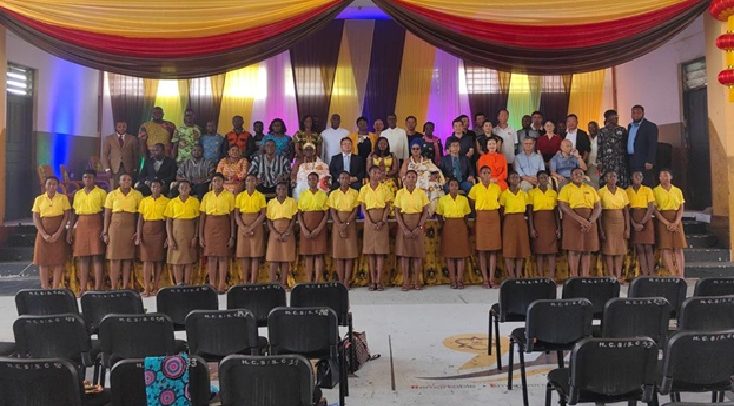

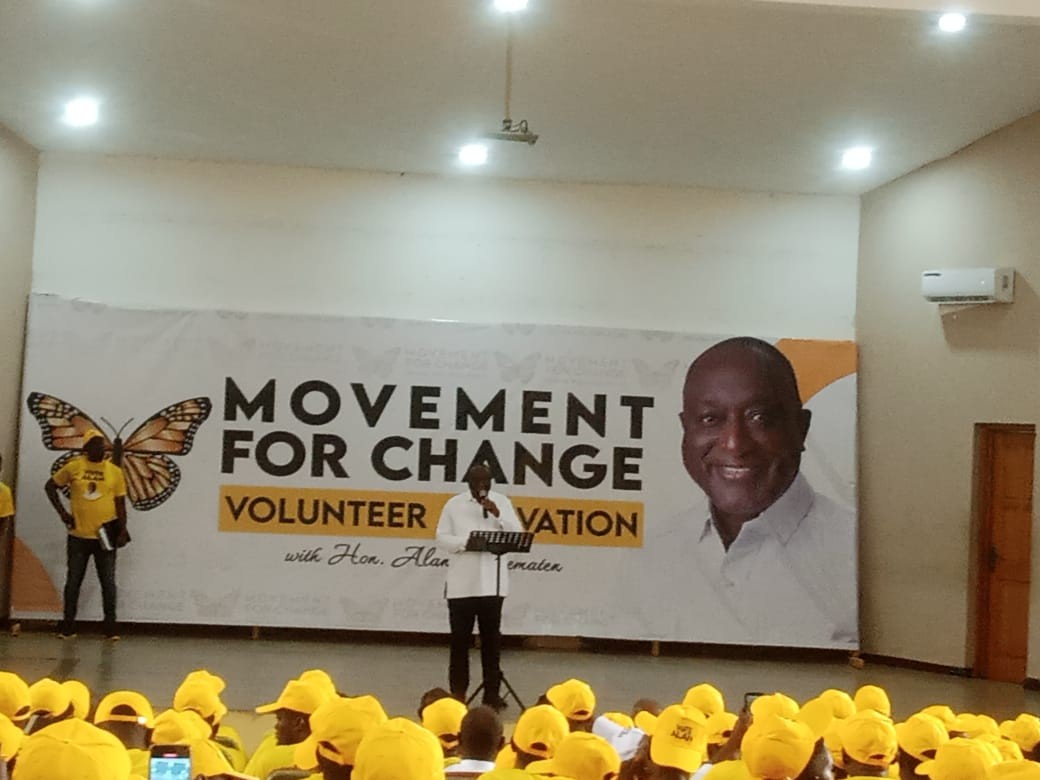

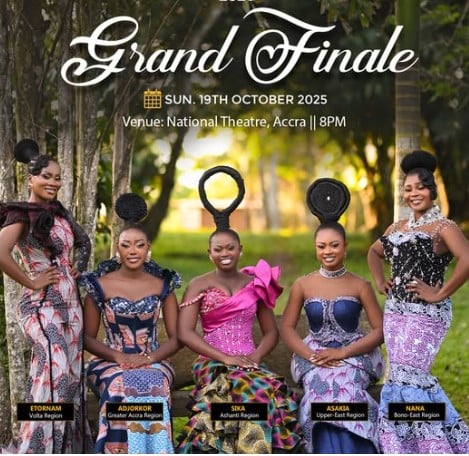
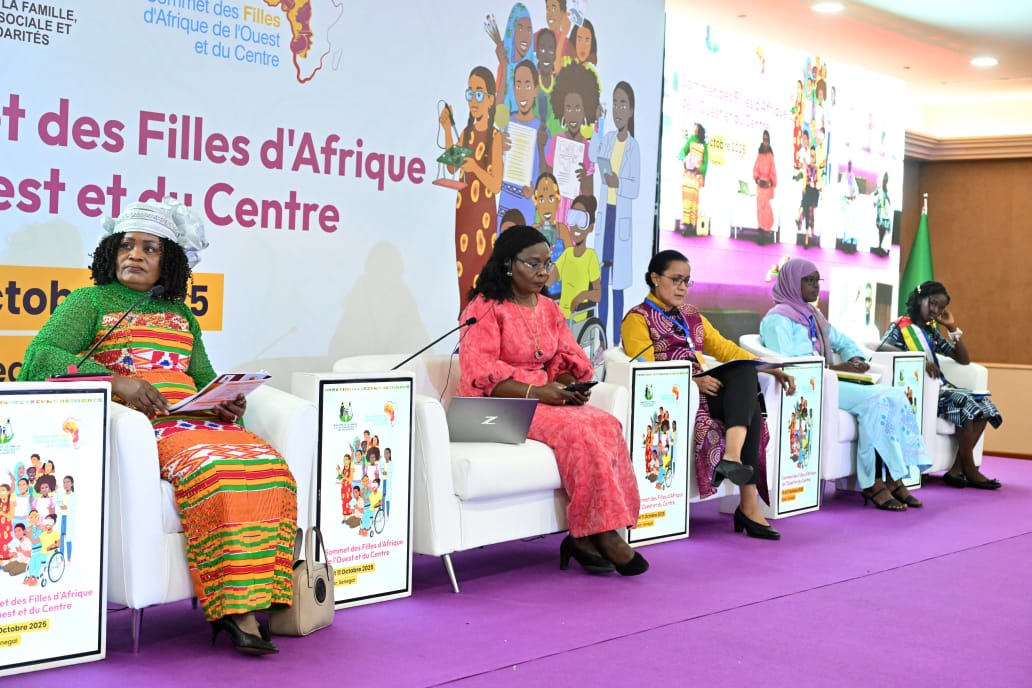

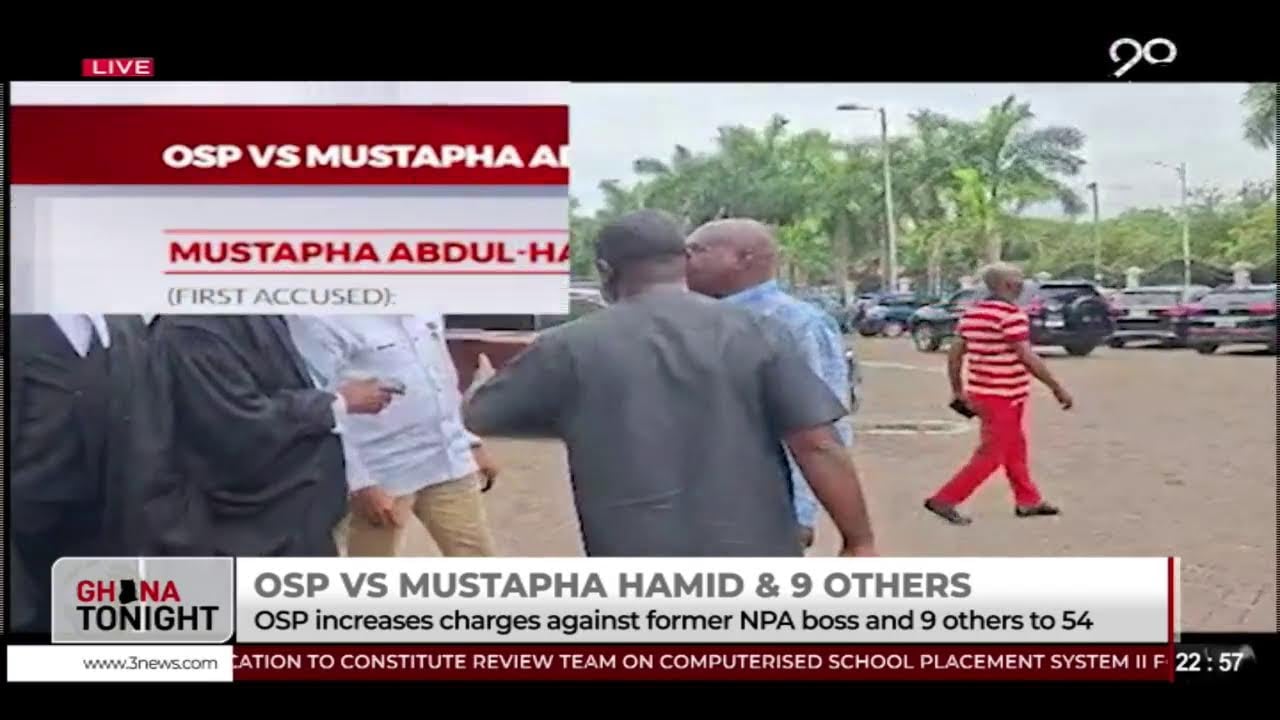
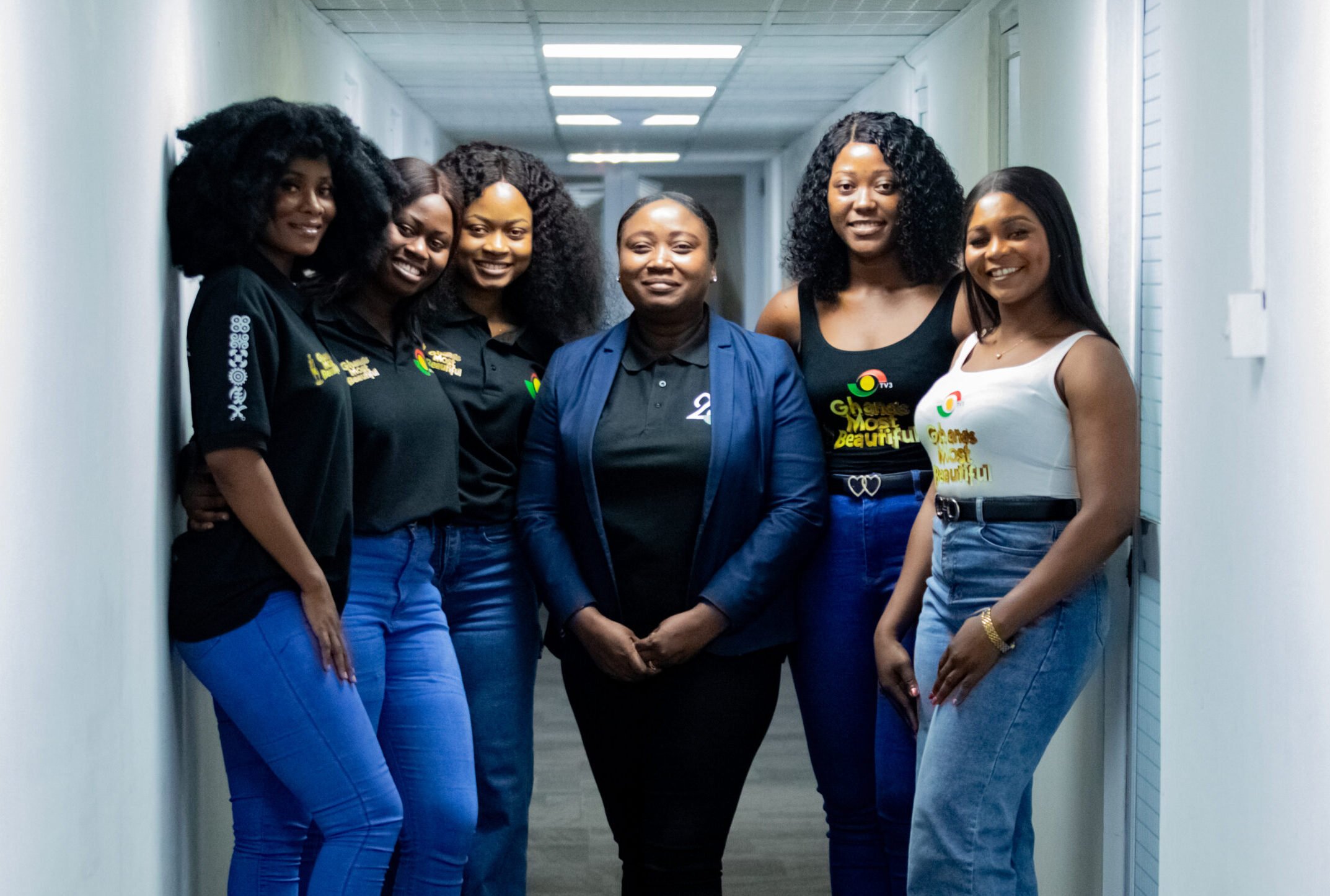
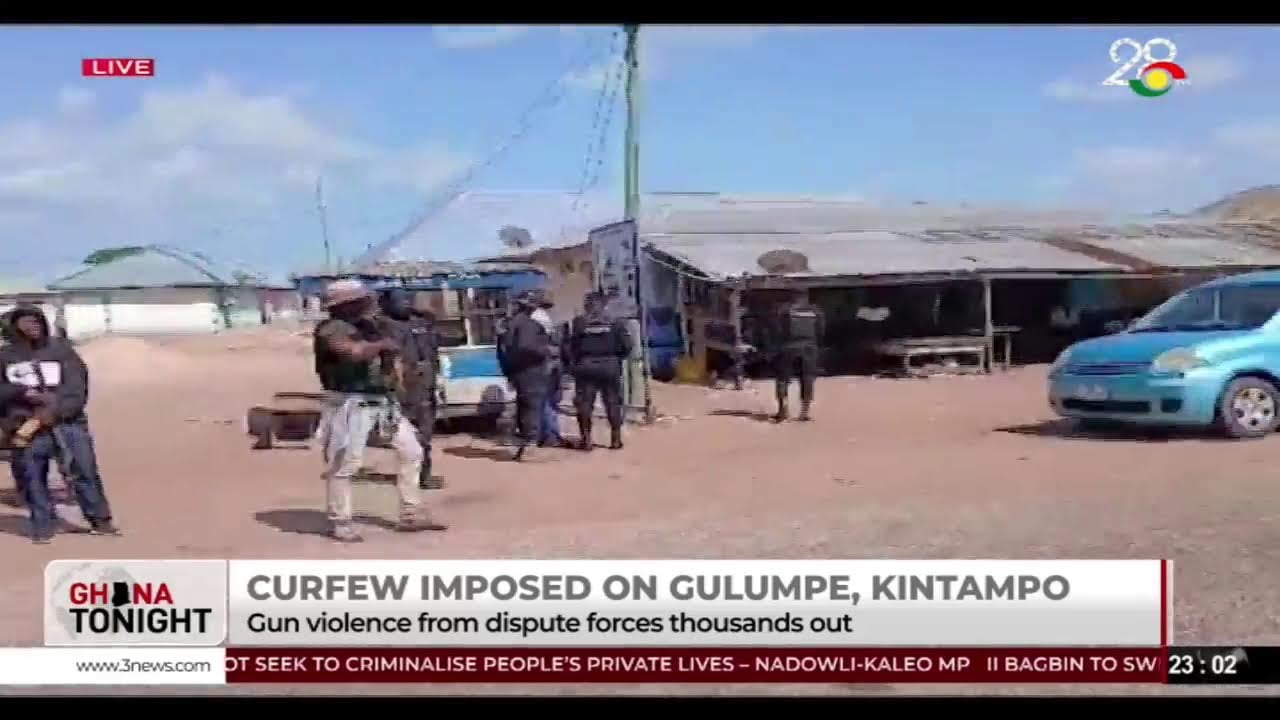
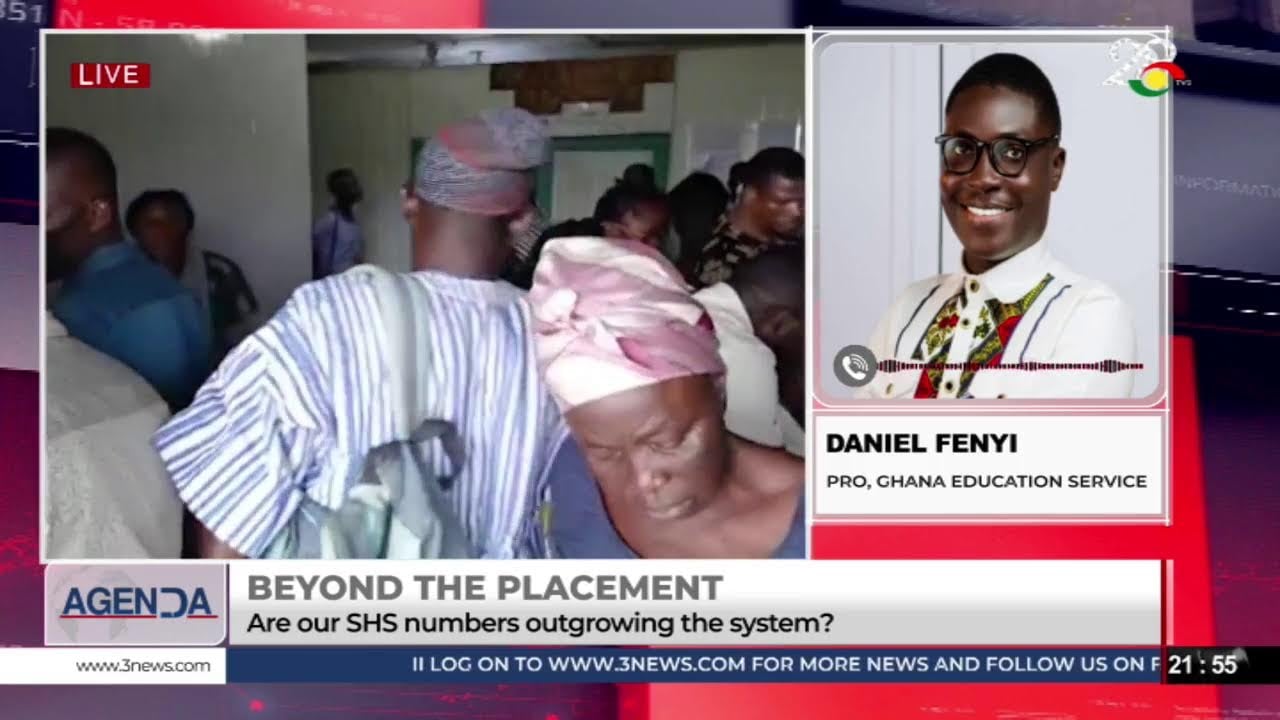
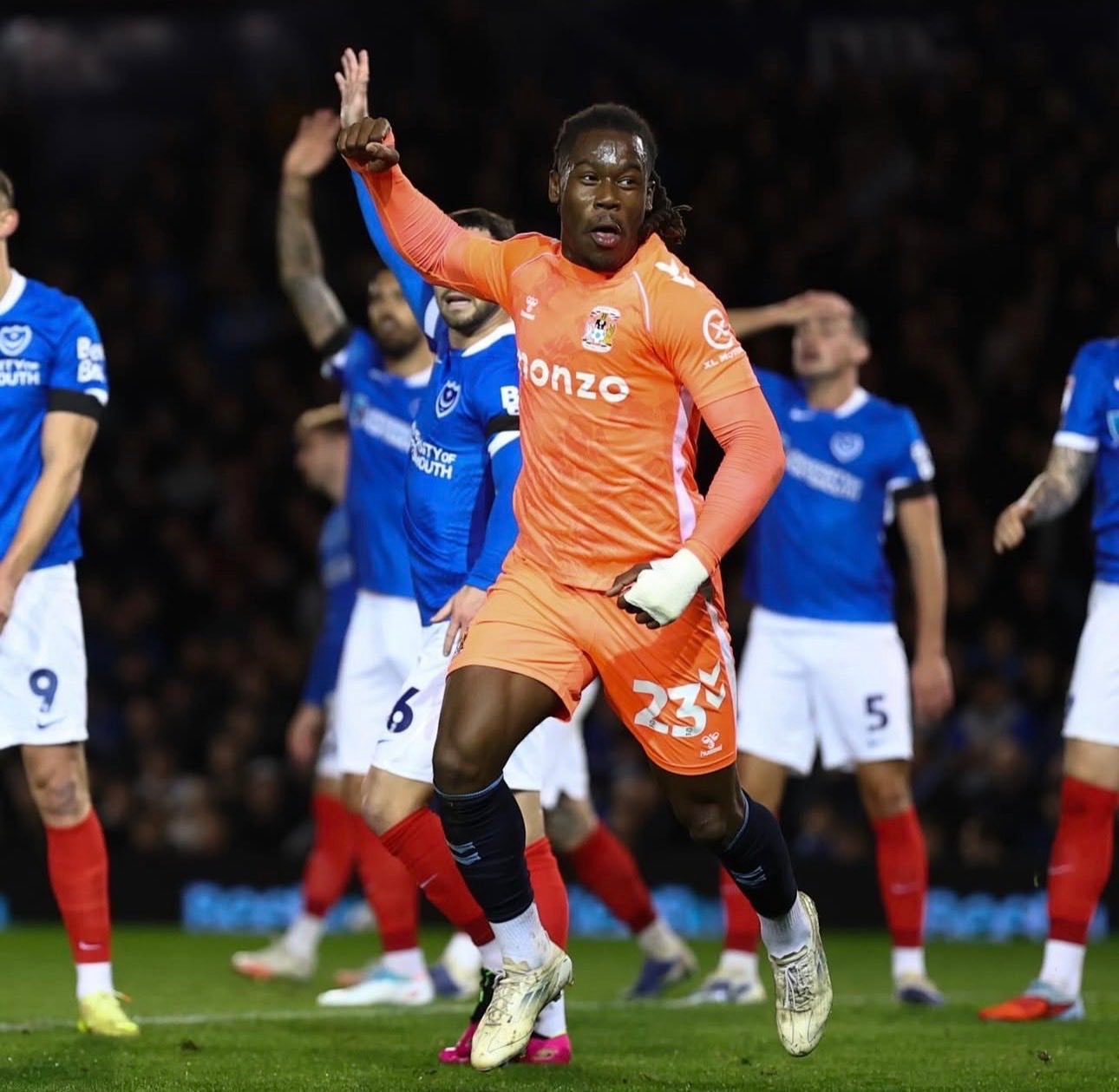




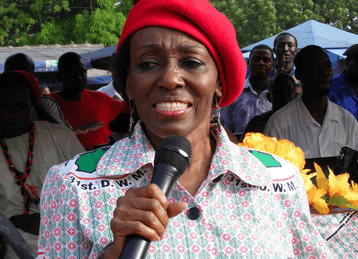

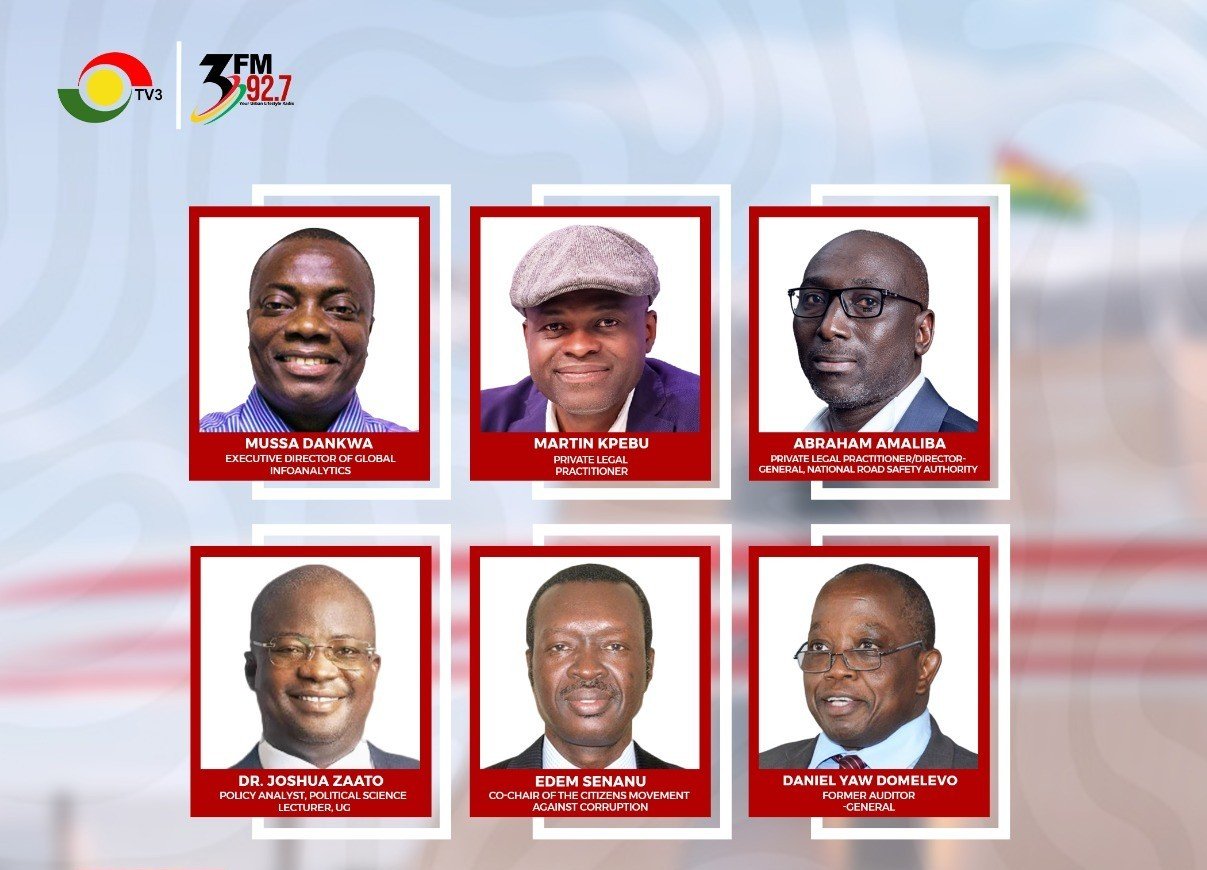


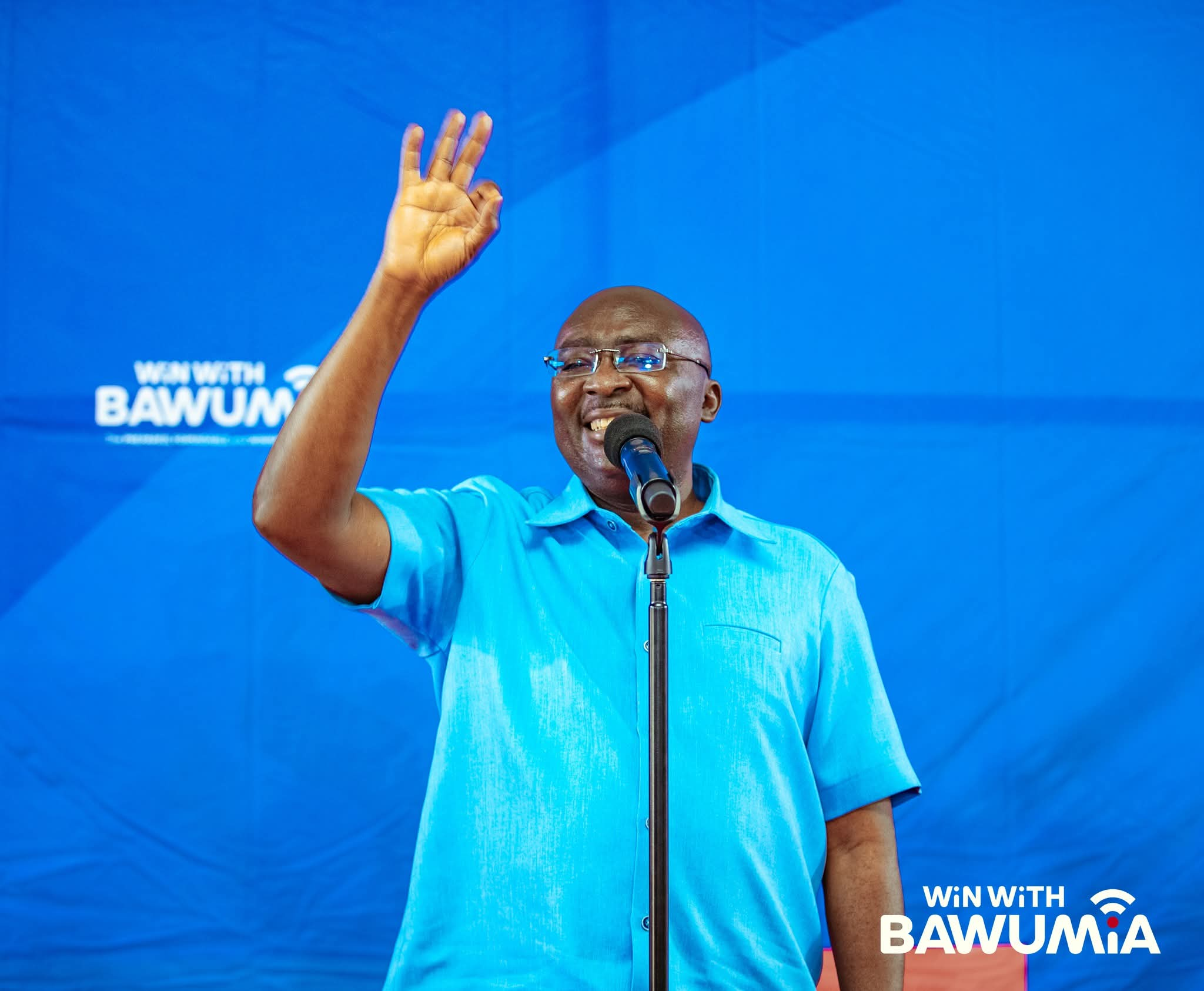
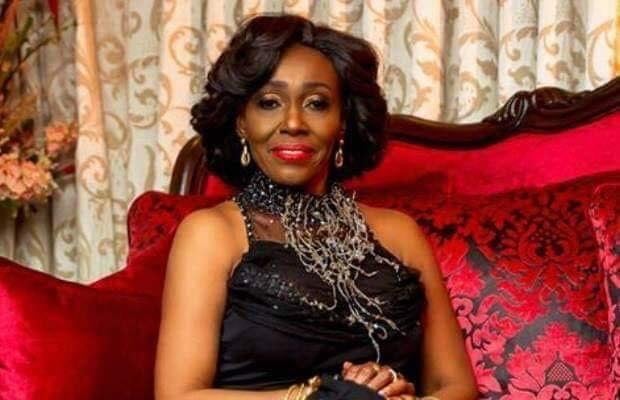
Facebook
Twitter
Pinterest
Instagram
Google+
YouTube
LinkedIn
RSS